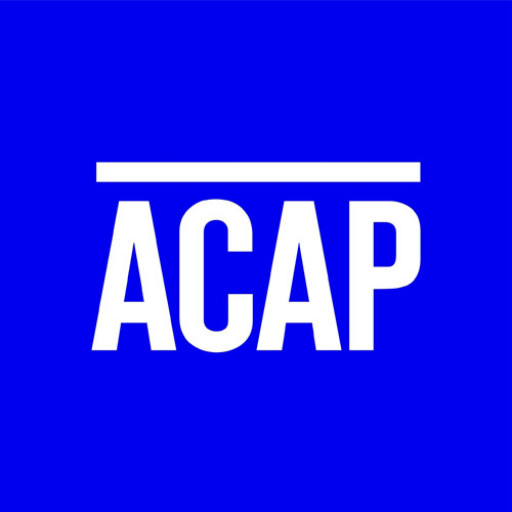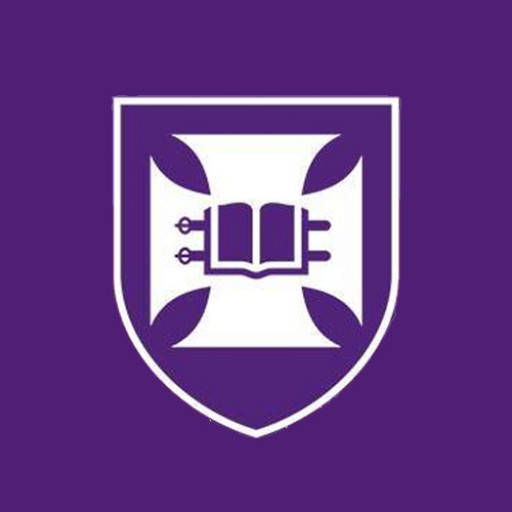Photos of university / #charlessturtuni
Description: The Bachelor of Psychology at Charles Sturt University offers students a comprehensive foundation in understanding human behaviour, mental processes, and psychological principles. This undergraduate program is designed to equip students with the knowledge and skills necessary for a range of careers in psychology, health, community services, and research. The curriculum covers core areas such as developmental psychology, social psychology, cognitive processes, abnormal psychology, and research methods. Students will have the opportunity to develop practical skills through laboratory work, internships, and community engagement activities. The program also prepares students for further study or professional accreditation in psychology, aligning with the standards set by relevant accrediting bodies. With a focus on evidence-based practice, ethical considerations, and cultural sensitivity, the Bachelor of Psychology aims to produce graduates who are not only knowledgeable but also capable of applying psychological principles to solve real-world problems. The program emphasizes critical thinking, data analysis, and effective communication, ensuring that students are well-prepared for diverse roles within the psychological and allied health fields. Students will benefit from the university's strong links with industry partners and access to contemporary research facilities. Upon graduation, students may choose to continue their studies with postgraduate qualifications such as a Master of Psychology or related programs to pursue registration as a psychologist. The Bachelor of Psychology at Charles Sturt University is an excellent choice for those passionate about understanding human behaviour and making positive impacts on individuals and communities through their professional careers.
The Postgraduate Diploma in Psychology is accredited as a fourth year psychology Class by the Australian Psychological Society and the NSW Psychologists Registration Board.
- Grade with 3 year major in psychology over the past 10 years Licensed by APAC
- Advanced Research Methods and Statistics in Psychology or equivalent
The Charles Sturt University offers a range of financing options to support students enrolled in their Psychology programs. Domestic students have access to government-funded FEE-HELP and HECS-HELP schemes, which assist in covering tuition fees through income-contingent loans that are repaid via the tax system once the student’s income reaches a certain threshold. International students typically pay tuition fees upfront or through private arrangements, as government assistance programs are generally limited to domestic students. Additionally, Charles Sturt University provides various scholarships, grants, and bursaries specifically for students undertaking psychology studies, aimed at reducing financial burdens and promoting access to higher education. These scholarships may be awarded based on academic merit, financial need, or specific circumstances, and they often cover tuition fees or provide living allowances. Student loans and financial planning advice are available through the university’s Student Support Services, helping students manage their finances effectively during their studies. Further financial support options include payment plans, which enable students to spread the cost of tuition over manageable installments. In some cases, students may seek external funding through research grants, sponsorships, or employer-supported study schemes, especially for postgraduate or research-focused psychology degrees. The university also encourages students to explore external scholarship opportunities offered by government agencies, private foundations, and professional psychology associations. It is advisable for prospective students to consult the Charles Sturt University official website or contact the university’s financial aid office directly to obtain the most current and comprehensive information regarding available financial assistance, eligibility criteria, application procedures, and deadlines. The university’s commitment to providing accessible education is reflected in its diverse financing options designed to support students throughout their academic journey in psychology.
The Bachelor of Psychology at Charles Sturt University is a comprehensive undergraduate program designed to provide students with foundational knowledge and skills in psychology, preparing them for a range of careers within the field or further postgraduate study. The course covers essential areas such as human development, cognition, personality, social behavior, and mental health, enabling students to understand the complexities of human behavior from a scientific perspective. Throughout the program, students engage with up-to-date psychological theories and research methodologies, developing critical thinking and analytical skills necessary for evidence-based practice. The curriculum integrates both theoretical coursework and practical experience, often including opportunities for internships or placements that connect students with real-world settings in health, community, or research organizations. The program emphasizes ethical conduct and professional standards, aligning with national accreditation requirements. Graduates of the Bachelor of Psychology may pursue further study in postgraduate psychology programs to become registered psychologists, or they may leverage their skills in related fields such as counseling, social services, human resources, or research. Charles Sturt University supports students through modern teaching methods, including online learning modules, interactive workshops, and access to dedicated academic advisors. The university's strong industry connections and focus on employability ensure that students are well-prepared for careers upon graduation. The Bachelor of Psychology typically takes three years of full-time study to complete, with options for part-time study available. The program is suitable for students who are passionate about understanding human behavior, interested in scientific inquiry, and aiming to contribute positively to individual and community well-being.







